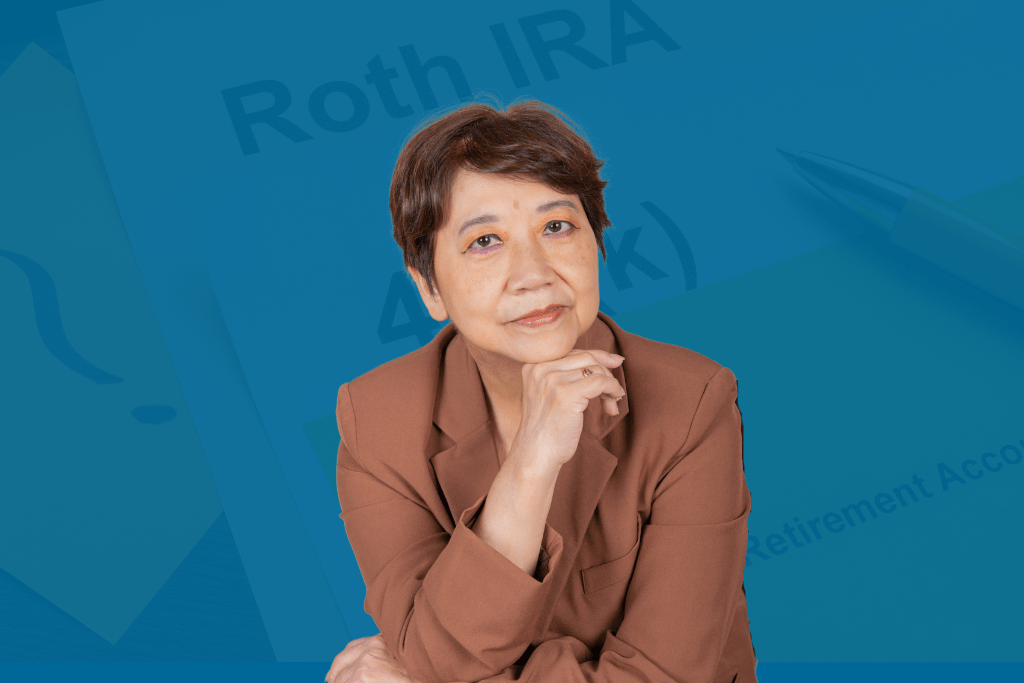Roth IRA Conversion Guide for Vancouver & Portland: Why It Matters and Who Can Help
Roth IRA Conversion Guide for Vancouver & Portland: Why It Matters and Who Can Help

Converting a traditional IRA to a Roth IRA can be a strategic move for many Vancouver, WA and Portland, OR residents aiming to optimize their retirement savings. Here’s why and where to consider making this conversion:
Why Consider a Roth IRA Conversion?
A Roth IRA conversion involves transferring funds from a traditional IRA to a Roth IRA, paying taxes on the converted amount now to enjoy tax-free withdrawals in retirement. This strategy can be beneficial if:
- Anticipating Higher Future Taxes: If you expect to be in a higher tax bracket during retirement, paying taxes now at a lower rate can lead to significant savings.
- Avoiding Required Minimum Distributions (RMDs): Unlike traditional IRAs, Roth IRAs do not require RMDs, allowing your investments the opportunity to grow tax-free for a longer period.
- Estate Planning Advantages: Roth IRAs can be passed on to heirs tax-free, providing a valuable tool for legacy planning.
It’s crucial to consult with a financial advisor to assess your specific situation and determine if a Roth IRA conversion aligns with your retirement goals.
Where to Get Help in Vancouver, WA or Portland, OR
Many financial institutions and financial advisors in Vancouver, WA and Portland, OR can assist with Roth IRA conversions. Here are some things to look for when qualifying a company or advisor:
Fiduciary Status
Look for advisors who are fiduciaries, meaning they’re legally required to act in your best interest.
Tax Planning Expertise
Roth conversions can trigger a big tax bill. Choose someone who understands tax implications and can offer projections or modeling.
Retirement Planning Services
Advisors who offer comprehensive retirement plans are in a better position to help determine if a Roth conversion is right for you.
IRA & Investment Management
They should help with moving funds, selecting investments, and managing your overall retirement strategy.
Fee Transparency
Understand how they are compensated, such as fee-only advisors vs commission-based ones.
Credentials
Look for rigorous and respected professional designations, such as the CFP® (Certified Financial Planner), CPA (Certified Public Accountant) with a focus on personal finance.
Before proceeding with a Roth IRA conversion, it’s advisable to consult with a financial advisor to understand the tax implications and ensure it aligns with your long-term financial objectives.
—-
Notes
Roth distributions are tax free after age 59-1/2 and the account has been open for at least 5 years. Please remember that converting an employer plan account to a Roth IRA is a taxable event. Increased taxable income from the Roth IRA conversion may have several consequences including (but not limited to) a need for additional tax withholding or estimated tax payments, the loss of certain tax deductions and credits, and higher taxes on Social Security benefits and higher Medicare premiums. Be sure to consult with a qualified tax advisor before making any decisions regarding your IRA.

